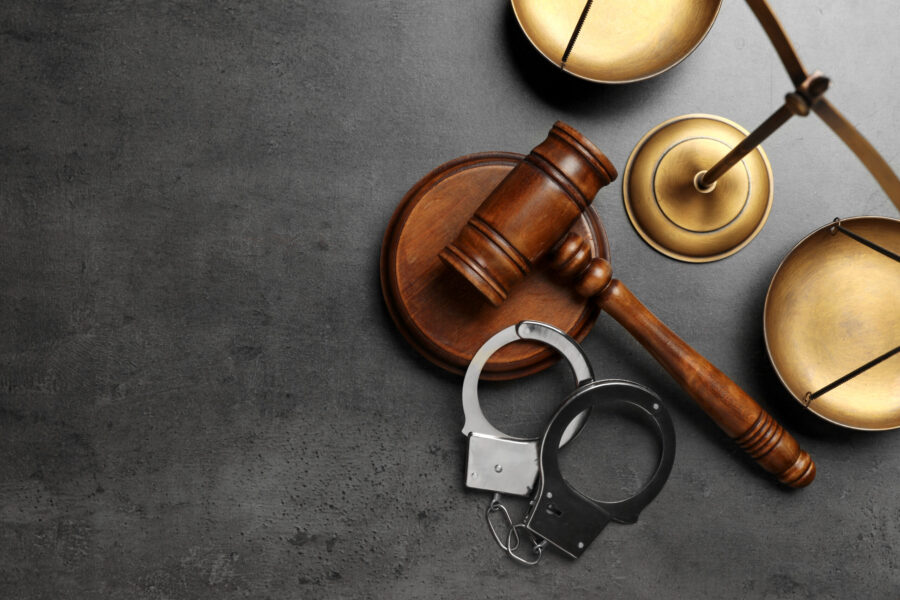
What Is Conversion?
If you’ve been deprived of the use of something you own, or if something of yours was stolen, you could be a victim of conversion. Conversion is a legal term describing wrongfully taking or using someone else’s property. This can include tangible items, such as a car, computer, or a piece of jewelry, or intangible items, such as money or intellectual property. To prove conversion, the victim must demonstrate that the defendant intentionally interfered with their right to possess the property and that they suffered harm as a result.
Remedies for conversion typically include financial compensation for the fair market value of the damaged or stolen property. Another resolution is returning the property to its owner. Sometimes the court awards punitive damages in addition to compensatory damages.
Punitive Damages
In some cases, a victim of conversion may be able to recover punitive damages in addition to compensatory damages. Punitive damages are intended to punish the defendant for their wrongful conduct and to deter them and others from engaging in similar behavior in the future.
In Virginia, punitive damages are only awarded in some cases where the defendant’s actions were intentional, reckless, or malicious and caused significant harm. There is no set amount of punitive damages that could be awarded, although they are capped in Virginia at $350,000.
Other Examples of Conversion
Conversion charges may apply when individuals act in one of the following ways with a property that does not legally belong to them:
- Takes property: A neighbor takes a lawnmower from a shed or garage without the owner’s permission.
- Fails to return property: An individual may be charged with converting property even if the owner allowed them to borrow it, such as the lawnmower in the above example.
- Sells the property: An individual sells the personal property without the owner’s consent or knowledge.
- Damages or misuses the property: For example, an individual borrows a car with the owner’s permission but hits a curb, damaging the tires.
- Substantially alters the property: An individual can be charged with conversion if they change a property beyond its original intended use or purpose, such as dismantling a bicycle for its parts.
These are a few examples of conversion. The crime typically involves theft, destruction, damage, or improper handling of personal property.
Establishing a Claim for Conversion
Most conversion claims allege that the defendant hindered the owner’s ability to use their property. To establish a claim for conversion, the property owner must generally prove three elements:
- Ownership or right to possess: The plaintiff must show they have a legal ownership interest or right to retain the converted property.
- Wrongful act or interference: The defendant must have engaged in an unlawful act or interference with the plaintiff’s property, such as taking, damaging, destroying, or using the property without consent.
- Intent or knowledge: The defendant must have acted intentionally or knowingly, meaning they were aware that their actions would deprive the plaintiff of their property or showed reckless disregard for the plaintiff’s property rights.
Contact Us About Your Case
If you face conversion charges, contact a skilled civil litigation attorney in Roanoke, Virginia, to protect your rights. Strickland, Diviney & Segura have over three decades of experience representing clients who were wronged by others. We are prepared to do the same for you. Call us today at (540) 982-7787 or reach out to us online.





